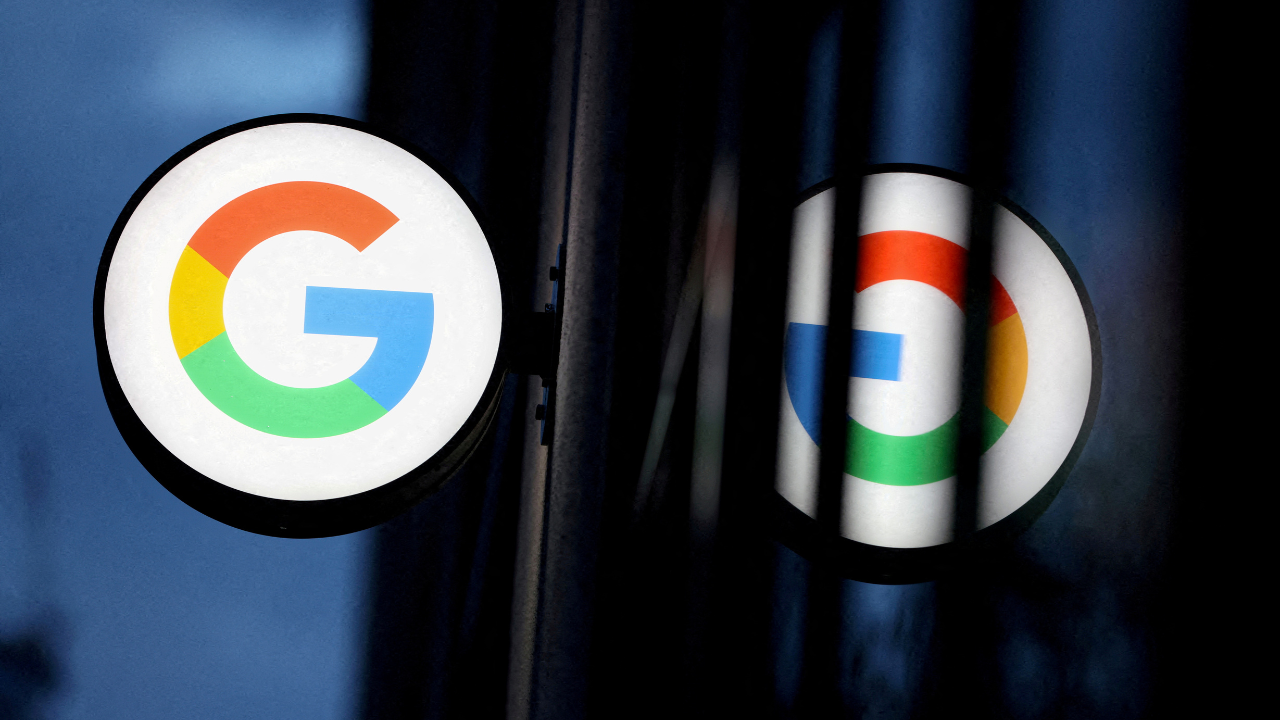The company already employs built-in authentication tools like Google Password Manager and Sign in with Google, as well as automatic protections like alerts whenever a Google Account is being accessed from a new device.
What is Google Authenticator
In 2010, the company introduced the free Google Authenticator app. It helped site developers to add two-factor authentication (2FA) to add security to the signing-up process. The company claims to push “towards a passwordless future,” so “authentication codes remain an important part of internet security”. So, Google is bringing this change to the Google Authenticator app.
How will it help
Google claims that with this feature enabled, signing into accounts along with other apps and services will not only be easier but secure as well. Earlier, one-time codes in Authenticator were only stored on a single device. This means a loss of that device meant that users lost their ability to sign into any service on which they’d set up 2FA using Authenticator.
The company notes that for a long time, users have shared feedback about the “complexity in dealing with lost or stolen devices that had Google Authenticator installed.” With this update, Google is rolling out a solution to this problem. This feature will store one-time codes directly in users’ Google accounts.
Google says this way, users will be “better protected from lockout” and the “services can rely on users retaining access”. This will increase both security and convenience. To use this Authenticator with Google Account synchronisation, users have to update the app and follow the instructions.
Other authentication options
Apart from this, the company also offers multiple secure authentication options across the web. Google’s Password Manager can save user passwords and helps to sign in faster with Android and Chrome.
The Sign in with Google feature allows users to sign in to a site or app using their Google Account.
Google adds that it is working with its industry partners and the FIDO Alliance to bring more convenient and secure authentication offerings to users in the form of passkeys.
function loadGtagEvents(isGoogleCampaignActive) { if (!isGoogleCampaignActive) { return; } var id = document.getElementById('toi-plus-google-campaign'); if (id) { return; } (function(f, b, e, v, n, t, s) { t = b.createElement(e); t.async = !0; t.defer = !0; t.src = v; t.id = 'toi-plus-google-campaign'; s = b.getElementsByTagName(e)[0]; s.parentNode.insertBefore(t, s); })(f, b, e, 'https://www.googletagmanager.com/gtag/js?id=AW-877820074', n, t, s); };
window.TimesApps = window.TimesApps || {}; var TimesApps = window.TimesApps; TimesApps.toiPlusEvents = function(config) { var isConfigAvailable = "toiplus_site_settings" in f && "isFBCampaignActive" in f.toiplus_site_settings && "isGoogleCampaignActive" in f.toiplus_site_settings; var isPrimeUser = window.isPrime; if (isConfigAvailable && !isPrimeUser) { loadGtagEvents(f.toiplus_site_settings.isGoogleCampaignActive); loadFBEvents(f.toiplus_site_settings.isFBCampaignActive); } else { var JarvisUrl="https://jarvis.indiatimes.com/v1/feeds/toi_plus/site_settings/643526e21443833f0c454615?db_env=published"; window.getFromClient(JarvisUrl, function(config){ if (config) { loadGtagEvents(config?.isGoogleCampaignActive); loadFBEvents(config?.isFBCampaignActive); } }) } }; })( window, document, 'script', );
For all the latest Technology News Click Here
For the latest news and updates, follow us on Google News.


